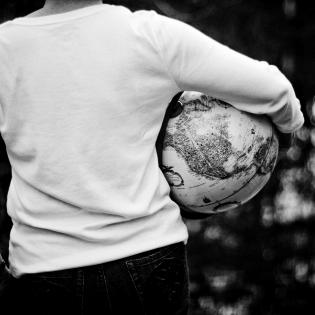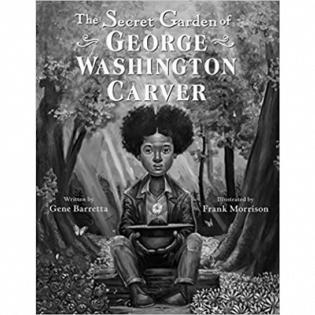Youth read about Rosa Parks and evaluate how her protest of an unjust situation was philanthropic in nature. They learn that there are 198 methods of non-violent protests that can be used to fight injustice. The youth evaluate issues of inequity or injustice and propose nonviolent solutions...
Filter by subjects:
Filter by grades:
Filter by audience:
Filter by issue area:
Filter by content type:
Filter by resource type:
resource search
This lesson helps learners see the potential for reusing materials rather than throwing them away. They research and contact community organizations that support recycling efforts.
With guidance from a local environmental agency, prepare the youth in advance of volunteering their time to clean up a lake or river for the common good. Arrange a field trip that includes picking up trash and recording the data.
Youth research current data and stories about climate change and ways to reverse the damage caused by human activity. Through discussion and research, they establish things they can do personally and as a team as environmental stewards.
Video Clip and Discussion Guide: Amanda Gorman, the U.S. Youth Poet Laureate, shared this poem "Earthwise" in 2018 on the stage in front of other climate activists. Through discussion, youth examine environmental stewardship and our role as caring citizens.
Participants define what they want to accomplish for the community garden and identify a place that is available and has the right conditions. This requires research and permissions.
A passion for service can begin at a very young age. “The Secret Garden of George Washington Carver” chronicles the inspirational life of George Washington Carver. This beautifully illustrated book goes beyond Carver’s acclaim as an African American scientist, celebrating his trium
Introduce the concept of philanthropy and guide the learners to be philanthropists who take volunteer action for the common good.
The purpose of the lesson is to educate learners about watersheds, ways in which water pollution occurs, and how important proper use of watersheds is to them. After understanding the importance of the watersheds, they will recognize that wise usage of their local watershed is an example...
This lesson focuses on another type of respect: valuing the world around you. Learners analyze a John Muir quote and discuss what they can do to show respect for the world.

